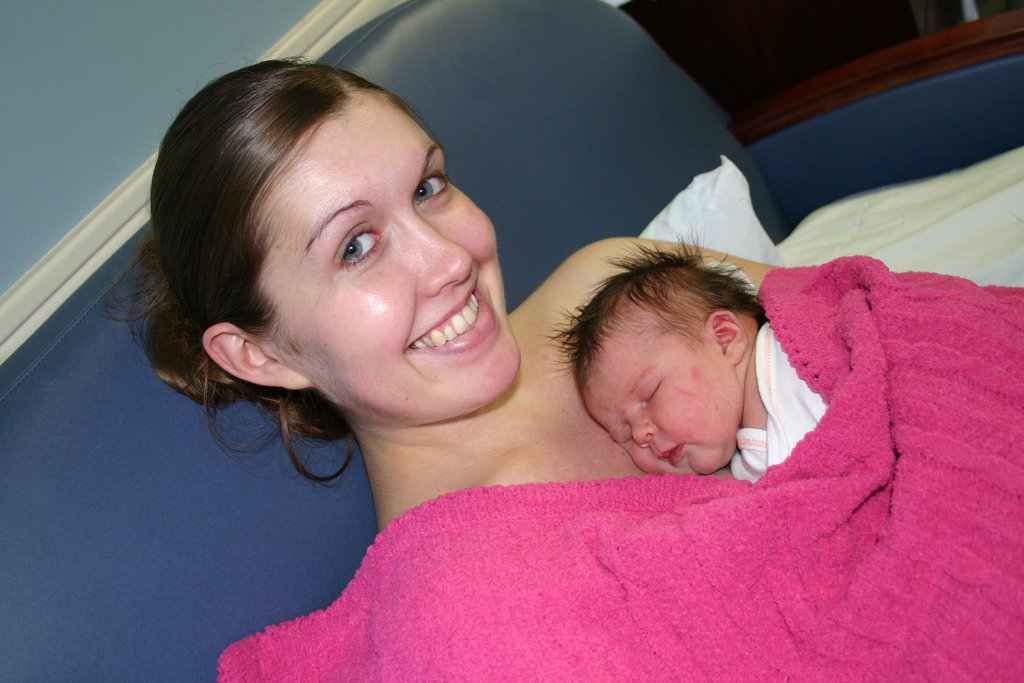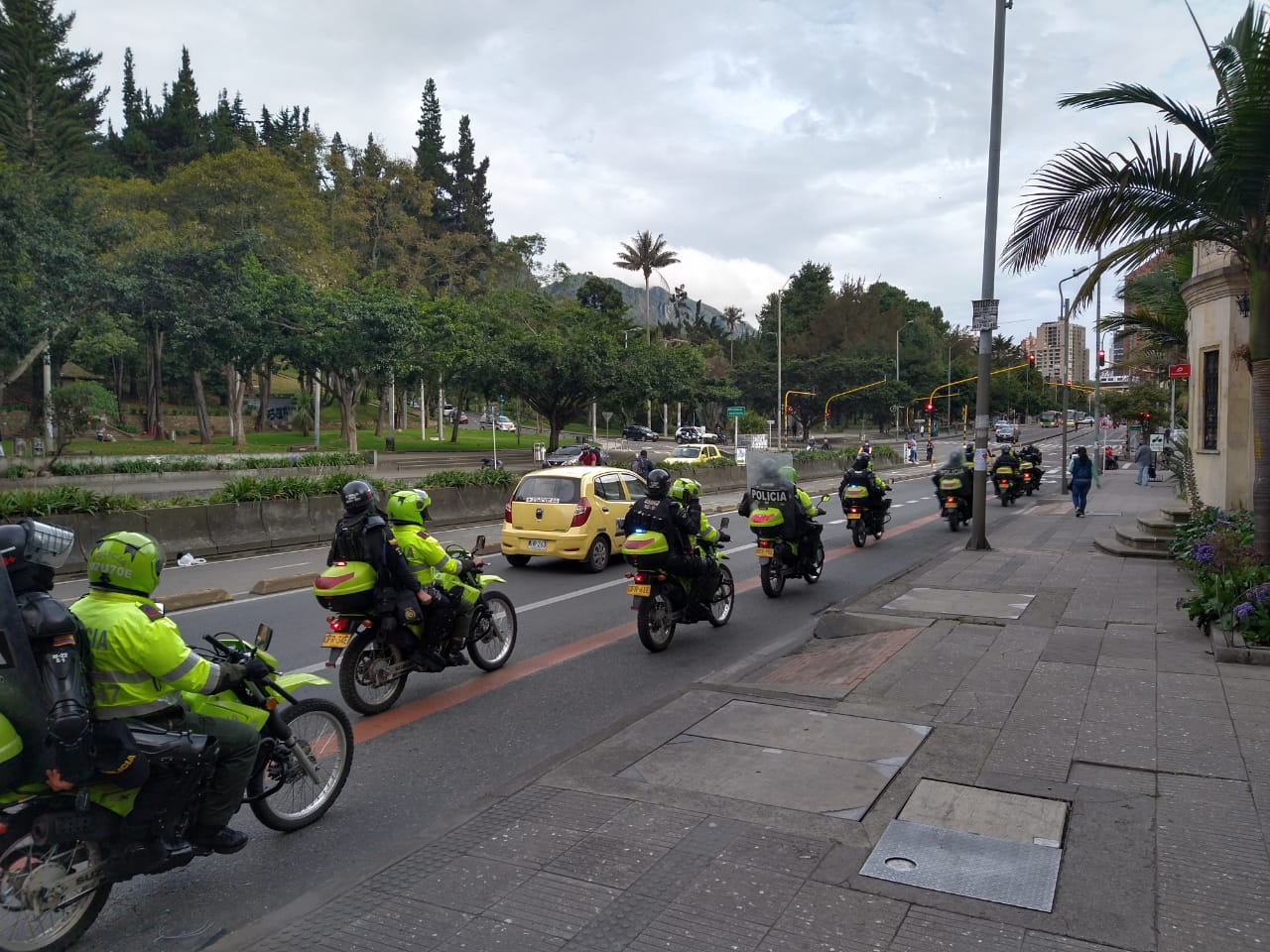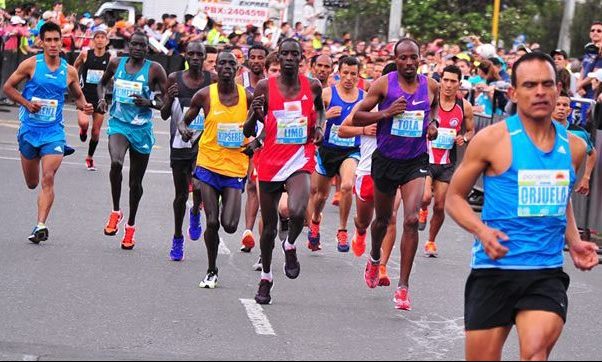
Kangaroo Care by Chris Poteet, on Flickr
The importance of skin-to-skin contact for new-born babies with their parents within the first hour of birth was one of the key messages presented at an international mother-care conference in Bogotá this month. Not only that, but Kangaroo care can save the lives of premature babies by enabling parents to act as human incubators.
Child-care experts heard that the way babies are welcomed into the world can have ‘long and short-term consequences’ on their future development, all part of the ‘kangaroo’ technique pioneered over many years in Colombia and now being established as an international norm.
Bogotá’s Fundación Canguro has promoted a technique developed since the 1970s in Colombia – but based on much older wisdom from traditional societies – of placing prematurely-born babies in a sling with direct skin contact with the chest of their mother or other family member. This 24-hour contact effectively replaces the incubator used in maternity units of hospitals.
Discovered by Colombian pediatricians, this simple technique has now spread worldwide and been embraced by leaders in health such as the WHO. This is reflected by the 100 delegates – many from abroad – attending the 12th International Conference on Kangaroo Mother Care at the Universidad Javeriana from November 14-17
The method is inspired by the pouch where young marsupials develop. Research presented at this year’s conference suggests the benefits to human babies go further than just bodily warmth: the skin-to-skin contact triggers natural responses that smooth the path from foetal to new-born life and could even affect future brain development. Some hospitals now call this the ‘Sacred Hour’ of life.
And the benefits might even extend to society as a whole: anthropologists have found that cultures that traditionally put babies in close contact with their mums for the first year are more likely to be peaceful.
The technique is now being recommended for all new-borns at least for the first day of life. Underweight or premature babies may need much longer and, because of the 24-hour contact required, fathers are also encouraged to kangaroo their kids. In fact, since men have a slightly higher surface temperature than women, they can do it better.





